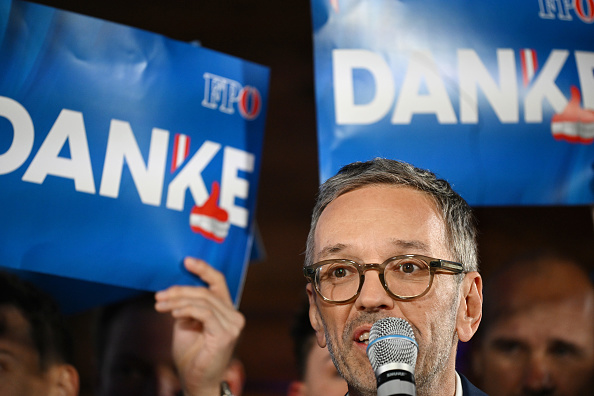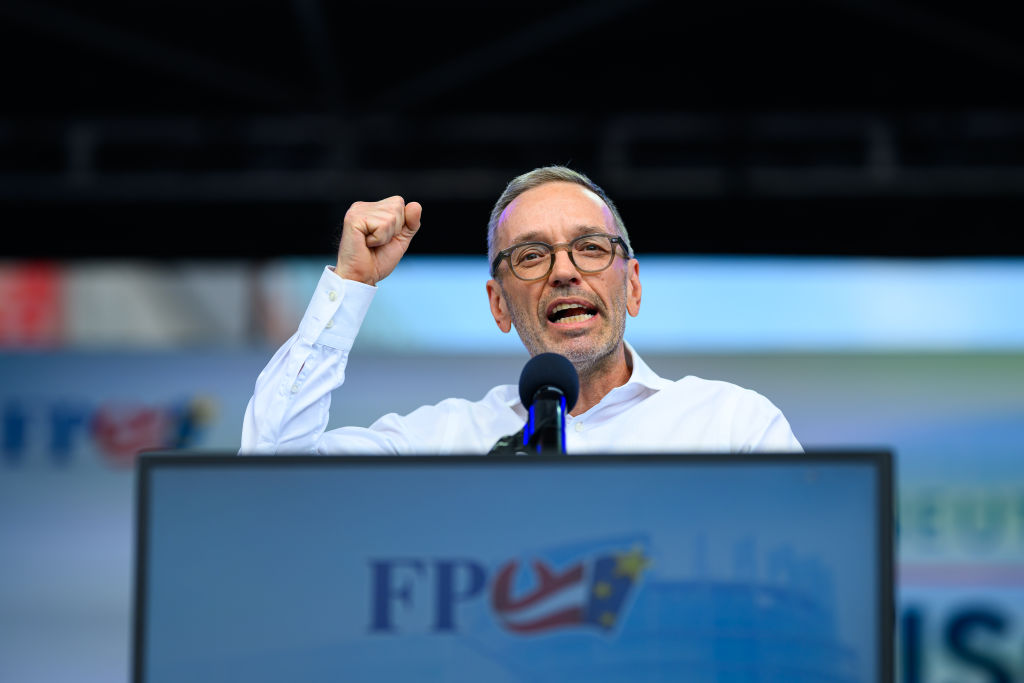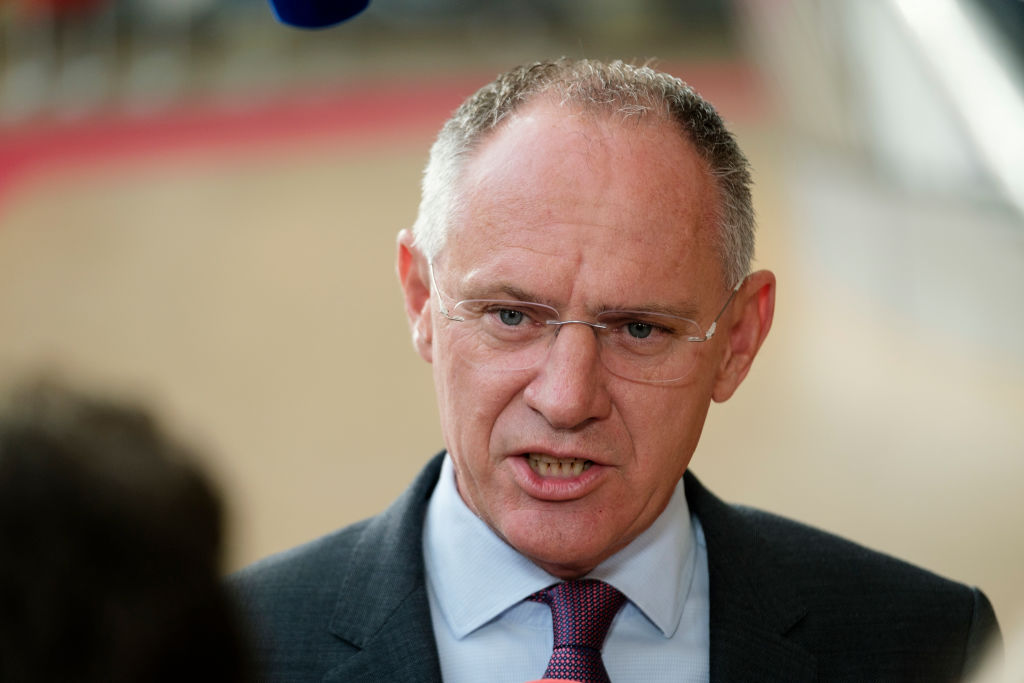Austria’s Freedom Party (FPÖ) has criticised the country’s President Alexander van der Bellen over his decision not to give the party the mandate to form a government despite winning the country’s general election.
Speaking on October 14, FPÖ leader Herbert Kickl accused Austria’s head of state of “refusing to accept facts”. The FPÖ, Kickl said, was the unquestionable winner of the country’s general election on September 29 with more than 1.4 million votes (29 per cent of the total) – a clear electoral mandate for forming a government.
On October 9, van der Bellen, a former Green MP who became Austria’s president in 2017, announced he would not give the FPÖ a mandate to form a government for the time being.
Instead, he asked the heads of the three biggest parties in parliament – FPÖ, ÖVP and SPÖ – to hold talks among themselves to explore possibilities”.
This decision was highly unusual and has been criticised as “undemocratic” by FPÖ sympathisers, even though the mandate itself is largely a formality.
Traditionally, the president – technically Austria’s head of state but a largely ceremonial office – gives the strongest party the mandate to form a government within, at the latest, 10 days of a general election. That party then tries to form a coalition with a majority in the parliament’s main chamber – which can take several months.
Van der Bellen said the main reason for his decision was that, for the first time in Austrian election history, no other party was willing to work together with the winning one.
ÖVP leader Karl Nehammer has said repeatedly that his People’s Party would only enter a coalition agreement with the FPÖ if its frontman Herbert Kickl was not part of the government. Other parties declined any form of co-operation with the FPÖ.
In his statement on October 14, Kickl said Nehammer should have the political responsibility to end what he termed his blockade posturing and expressed his hopes that “sensible” forces in the ÖVP would prevail.
Meanwhile, media reports alleged that a coalition of ÖVP, SPÖ and the smaller left-wing liberal Neos party was already being negotiated behind closed doors. That grouping – dubbed “coalition of the losers” by the right-wing – would keep the FPÖ out of power, although political common ground between the Conservatives and the Social Democrats under their self-declared “Marxist” leader Andreas Babler seemed scarce.
The most popular coalition option with Austrian voters is still said to be a coalition between FPÖ and ÖVP. A recent poll showed that 40 per cent of respondents were in favour of this option, compared to only 28 per cent for a coalition of ÖVP, SPÖ and Neos.
While the Freedom Party and its supporters have criticised the behaviour of both van der Bellen and the other party leaders, the right-wing party seems to have profited from it. If the general election was repeated now, the FPÖ would gain another 4 per cent, according to the most recent survey, giving it a full third of the vote.





Austrian far-right victory: fleeting anomaly or lasting transformation?